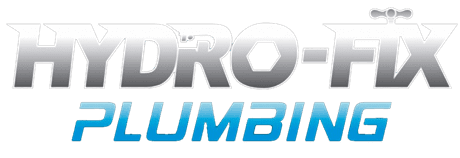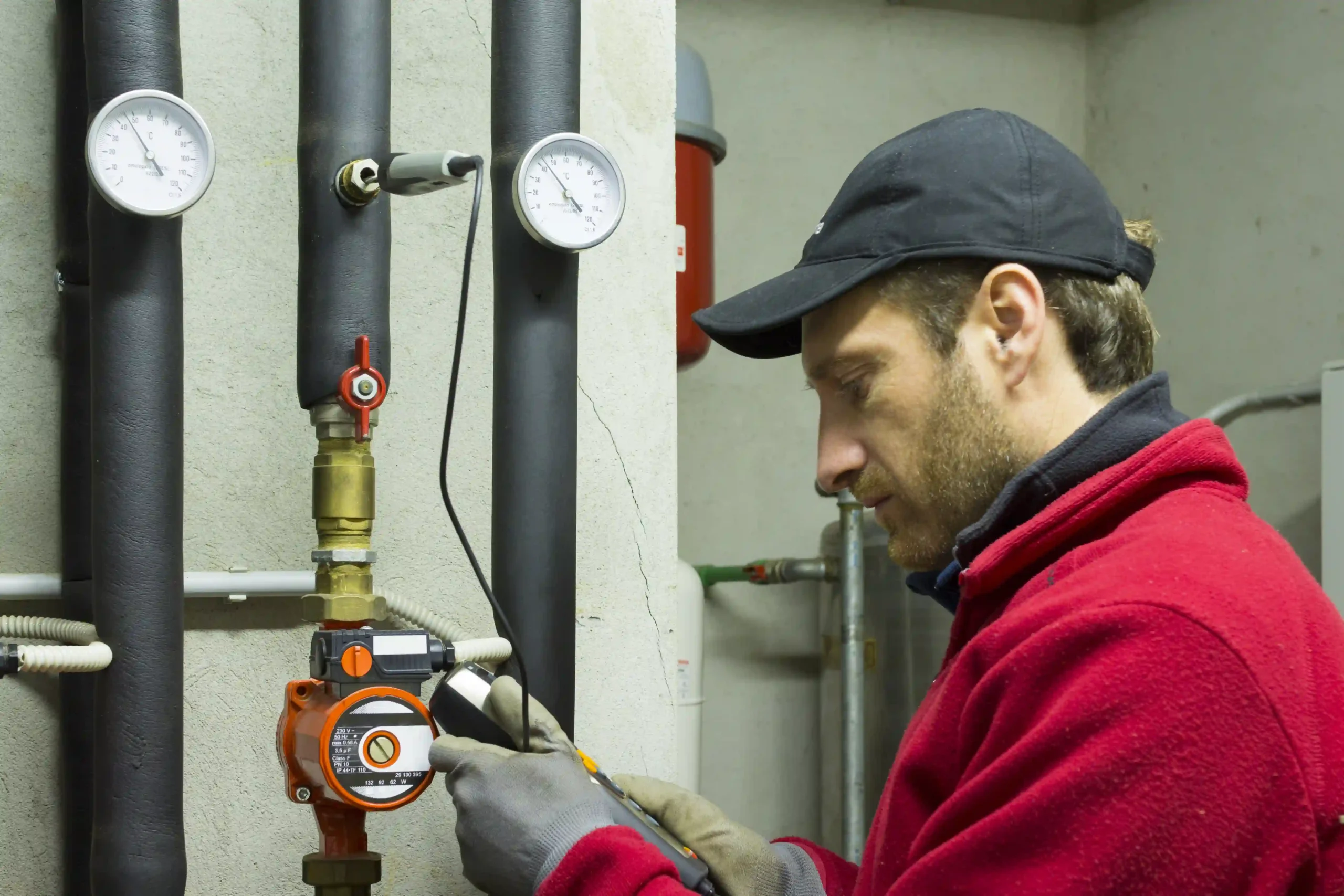Ever sniff the telltale whiff of gas in your Orange home and think, “I’ll just fix this myself”? You’re not alone. Gas is as common in Aussie life as BBQs on weekends or gas-boosted hot water systems, but it’s also invisible, odourless (until they add that rotten-egg smell) and unpredictable. One false move can mean a leak, explosion or carbon monoxide nightmare. In fact, after a recent LPG explosion in Kingscliff (NSW), rescue crews warned that even a tiny gas vapor leak could “literally blow your home apart”.
Think that won’t happen in Orange? Think again. Whether you’re in a flat in Orange or a house on the outskirts, the rules and dangers are the same. So: Gas Fittings in Orange isn’t a DIY weekend warrior project. It’s serious business.
Gas safety is no joke – if you smell gas, Queensland’s advice for NSW residents applies here too: get out, ventilate, turn off the supply, then call emergency services and a licensed gasfitter immediately. The crux? When it comes to gas, licensed pros = safety. Let’s dive into why plumbers and gas fitters in Orange, NSW are worth every cent, and why that “handyman” video might not be.

The Real Dangers of DIY Gas Work
Gas is tricky. Natural gas (methane) floats, LPG (propane/butane) sinks – either way, they displace oxygen and can kill or explode if ignited. NSW safety info lists hazards: carbon monoxide poisoning, headaches, nausea, unconsciousness, fire and explosion, even death, from a simple gas leak. LPG needs only 2% in air to ignite; natural gas about 5%. 🚨 In Orange’s kitchens and backyards, a tiny leak could meet a spark (a light switch, fridge thermostat or even a static shock) and BOOM – catastrophe.
It gets worse: Incomplete combustion (like a flame misadjusted by a DIY rookie) can produce deadly CO. One plumber in that Kingscliff story noted an orange flame is a sure sign of danger: “With gas cooking, an orange flame is very dangerous for carbon monoxide poisoning”. Yikes. You may think, “I’m cautious,” but gas accidents happen fast.
Here’s a quick risk check:
- Leak detection difficulty: Gas is odorized, but leaks can hide. Smell “rotten eggs”? Sound easy. But in enclosed cupboards or outdoors, you might not notice until it’s too late.
- Explosion risk: Any tiny leak can accumulate – especially heavier LPG in low spaces – and a random spark blows it up.
- Health: CO builds up quietly. Symptoms (headache, dizziness) can be mistaken for a hangover, until you’re unconscious.
- Property and legal: An explosion can total your home. Plus, doing gas work illegally could void your insurance or get fines.
In short: DIY gas repairs = Russian roulette. Ask yourself: are you really safer fiddling with valves and pipes, or having a pro confirm every seal and pressure?
NSW Regulations: Gas Work Must Be Done by Licensed Pros
In New South Wales (and hence in Orange), the law is crystal clear: gasfitting work must be done by a licensed gasfitter, period. This isn’t just advice – it’s the Gas and Electricity (Consumer Safety) Act 2017. The NSW Government explicitly states all gas installations must be carried out by a licensed gasfitterAnother Fair Trading source bluntly says “In NSW, you must be licensed to complete any gasfitting work”.
What counts as gasfitting work? Pretty much anything to do with installing, repairing or altering a gas line or appliance. (The only minor exception is swapping over empty LPG bottles or replacing a worn regulator hose – tasks where the cylinder is readily detachable and you’re not messing with fixed piping.) But even those tasks carry risk, so tread carefully!
Bottom line: if a gas fitting expert is legally required, DIY is illegal. And legal trouble is the last thing you need if something goes wrong. Think of it as a sport: you wouldn’t let an amateur brain surgery your head, right? Similarly, never let an amateur brain surgery your gas line.
Licensed Gas Fitters and Plumbers: What’s the Difference?
You’ve probably searched online for help: “plumbers in Orange NSW”, “gas fitters Orange”, “gas fitting plumber”. Good – there are qualified people out there. In Australia, licensed gasfitters are usually (or always) plumbers with extra certification. They know piping and water, plus gas systems. In practice, people often say “gas plumber” or “gas fitter”, but it boils down to licensed plumber with gas endorsement.
When you hire a “gas fitting plumber in Orange”, you’re tapping into a specialist. These tradespeople:
- Use correct materials & tools – e.g. certified gas-rated pipes, leak-detection equipment.
- Follow Australian Standards (AS/NZS 5601) for pressure, ventilation, appliances. (Standards get updated – pros keep up with the latest codes.)
- Certificate of Compliance – after installing or repairing, they must provide paperwork that says it’s safe (often required by law).
- Insurance cover – they carry liability insurance for the rare mishap on their watch.
By contrast, a weekend warrior DIY’er has none of that. When a licensed gasfitter Orange (or plumber) finishes work, they’ll pressure-test lines, check regulators, and often install safety devices. And if something leaks, they must fix it (and it’s covered by their license). If you plug a leak yourself and fail, you’re on your own.
When (Not) to DIY: Gas Jobs You Never Should
There are a few tiny things an average Aussie homeowner might get away with: for instance, replacing a gas bottle on your outdoor BBQ or camping stove (provided it’s a simple screw-on connector and you follow the cylinder’s instructions). Even that, I’d caution: a cylinder half-lit in your shed is risky if not seated right.
But anything inside or tied to your home’s gas line should be off-limits for your toolbox. This includes:
- Installing or relocating gas cooktops, ovens or heaters.
- Replacing or installing gas hot water systems (instantaneous or storage).
- Altering gas piping, tee-offs, or adding flues/vents.
- Working on gas meters or regulators.
- Extended repairs on gas appliances (fixing a burner might require checking manifold pressure).
If you’re thinking “I’ll just fix this leaking joint with Teflon tape and call it a day”, think again. Testing a sealed gas joint safely is not a coat of tape – it’s using the right sealant (or new fittings) and a manometer or soapy water test under pressure. Not your average Sunday job.
For clarity, here’s a quick DIY vs Professional snapshot:
| Task / Check | DIY? | Professional Gasfitter |
|---|---|---|
| Replace LPG bottle on BBQ | Sometimes* | Always best** |
| Change flexible gas hose (pigtail) | Licensed only* | ✓ Licensed (usually plumber) |
| Install or relocate gas cooktop/oven | 🚫 Illegal | ✅ Required (certificate) |
| Repair gas hot water heater or lines | 🚫 Illegal | ✅ Required |
| Check/repair wall heater connections | 🚫 Illegal | ✅ Required |
| Pressure test piping for leaks | 🚫 Illegal | ✅ Required |
(*) Only if you’re absolutely sure it’s a simple screw fit – but note even changing regulators/cylinders officially requires a pro. (Exempt jobs are very limited by law.)
(**) Even BBQs: safer to have the cylinder stand and connection fitted by a pro once, then swap bottles yourself properly.
What’s the Cost of Safety?
We all hate to pay the plumber, but consider this: a typical gasfitting job might cost a few hundred dollars. An explosion or CO poisoning could cost hundreds of thousands (including lives). Do the math. Even beyond lives, these are some real costs to weigh:
- Repair vs Damage: A pro fixing a leaky joint = small fee. An explosion = rebuilding your home (or worse).
- Fines and Compliance: If work is found non-compliant, you could face government fines. Plus, insurance might refuse claims after DIY gas work.
- Peace of Mind: Your safety sense doesn’t have to be on all day. A licensed expert gives you a safety certificate saying “It’s done right” – priceless sleep at night.
In Orange, there are gas fitters on call 24/7 for emergencies. Compare that to the liability of your half-baked fix. The locals we talked to all agree: save your DIY talents for less explosive hobbies.
Choosing a Qualified Gas Fitter in Orange, NSW
So you’re convinced to go pro. Great! How to pick the right person in Orange?
- Check their licence: In NSW you can verify a gasfitter’s licence online or ask them for their Licence Number. Always have them show it.
- Experience: Ask if they’ve done the exact job (e.g. “installed this model of stove before?”). Many Orange plumbers also service Bathurst/Central West homes – local knowledge helps.
- References: Word-of-mouth still rules in a community like Orange. Neighbours, local Facebook groups or community boards can tip you to a trusty gas fitting plumber.
- Availability: Gas leaks are emergencies. A local gasfitter who can come out quickly (or a 24/7 emergency service) is valuable.
- Quotes: Get a few quotes. But don’t just chase cheapest – the cheapest “gas fitter” could be the illegal backyard boffin we warned against.
And remember, terms like “gas fitters in Orange” or “gas fitting plumber” should yield licensed tradespeople. Real professionals often show credentials and warranties on their work. If someone waves off the licence talk, run – they’re likely not above board.
Key Takeaways
- NEVER DIY major gas fixes. It’s illegal and dangerous in NSW.
- Licensed gasfitters = safety. Only pros have the training and legal approval to handle gas. NSW law makes this mandatory.
- Risks of DIY: leaks → explosion/death; improper flame → CO poisoning; insurance void and hefty fines.
- Cost vs Catastrophe: A plumber’s bill is nothing compared to hospital and reconstruction costs (or loss of life).
- Finding help: Search “gas fitters Orange NSW” or “gas plumber in Orange” and look for those license checks and reviews.
Ultimately, Gas Fittings in Orange demand respect. The bottom line is: your safety comes first. Even if you’re a wannabe Mr. Fix-It, gas isn’t the place to prove your skills. Trust the experts, and keep your home and family safe.
Stay safe, Orange! And remember: if in doubt, get out and get a licensed gasfitter.
FAQs
Is it illegal to do my own gas fitting in NSW?
Yes. NSW law requires any gas installation, repair or alteration be done by a licensed gasfitter. DIY gas work is not permitted.
What happens if I try a DIY gas repair?
Even a small mistake can cause leaks, fire, explosion or CO poisoning. Plus, unlicensed work could void insurance and incur fines.
How do I find a licensed gasfitter in Orange?
Search for “gas fitters Orange NSW” or “gas fitting plumber Orange”. Check their NSW licence number (FAIR TRADING register) and read local reviews before hiring.
Can’t I just replace the gas bottle or hose myself?
Only certified simple tasks are allowed (like swapping a detachable LPG cylinder). Any work on fixed pipes, connectors or appliances must be done by a professional.
How much does a gas fitting repair cost in Orange?
Costs vary by job, but think of it as an investment in safety. Licensed gas fitters charge by the hour plus parts. Compared to the potential cost of an accident, it’s money well spent.

